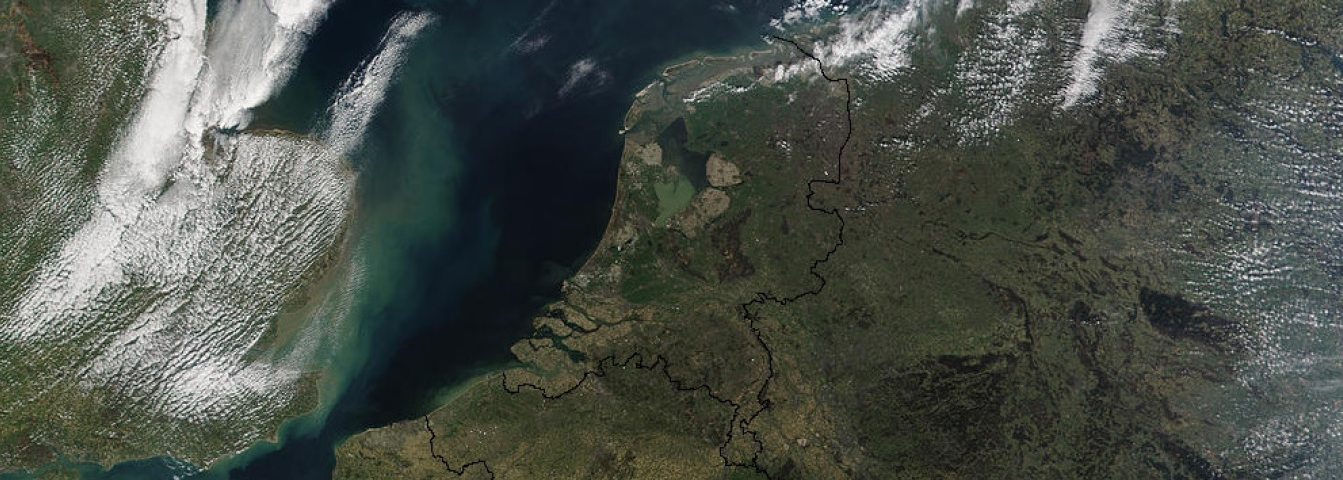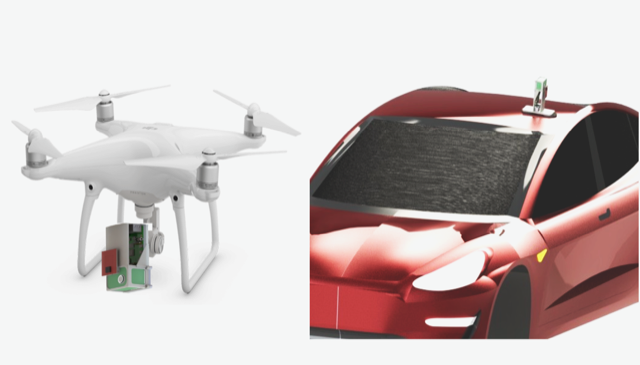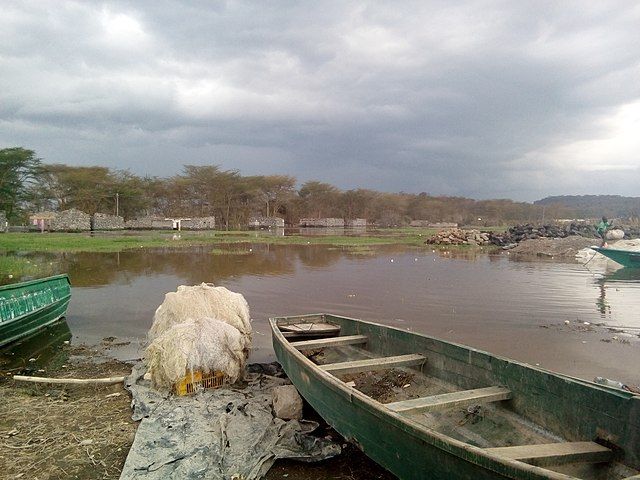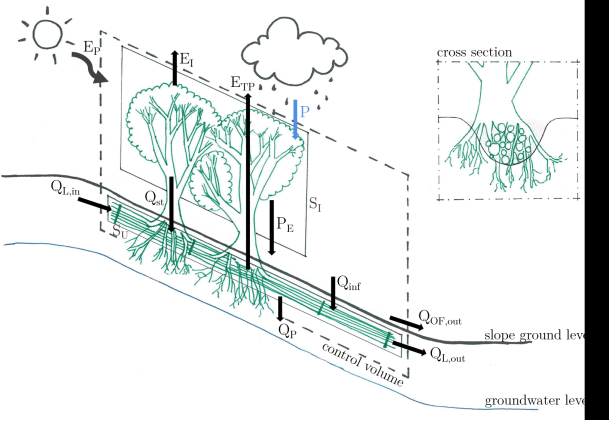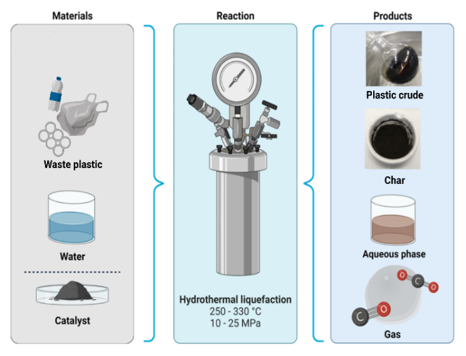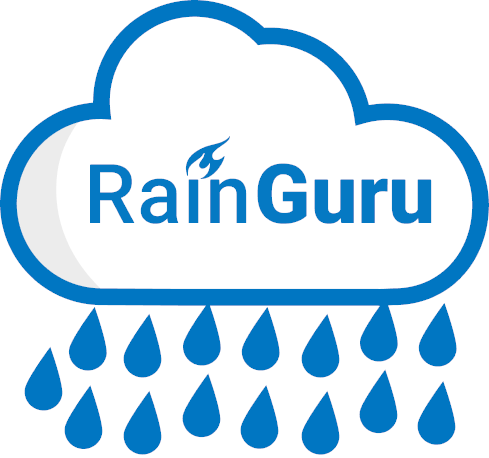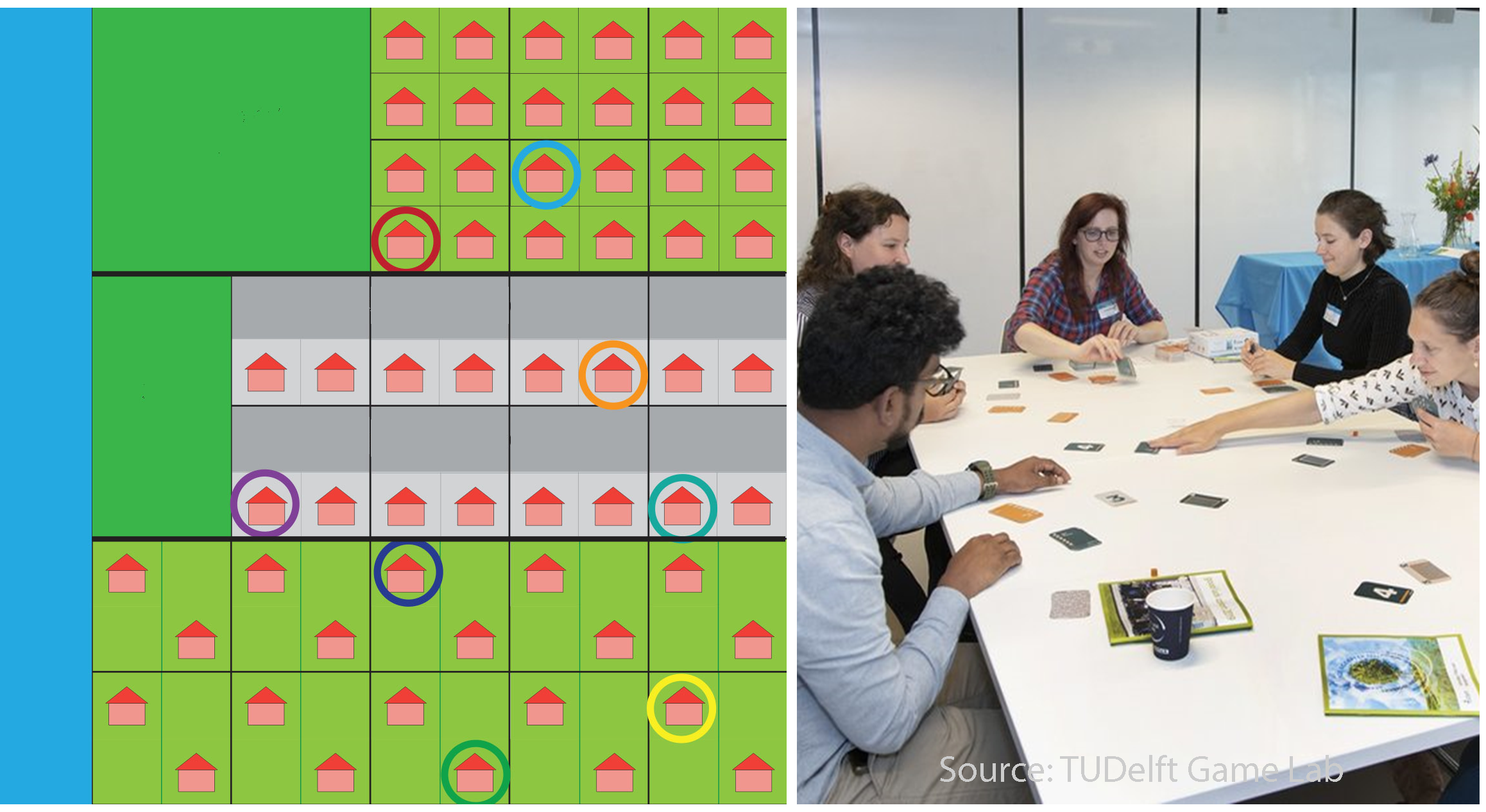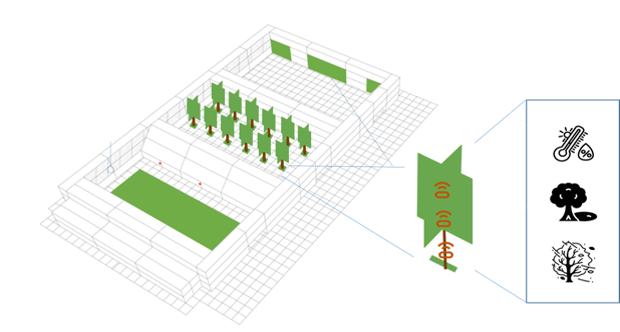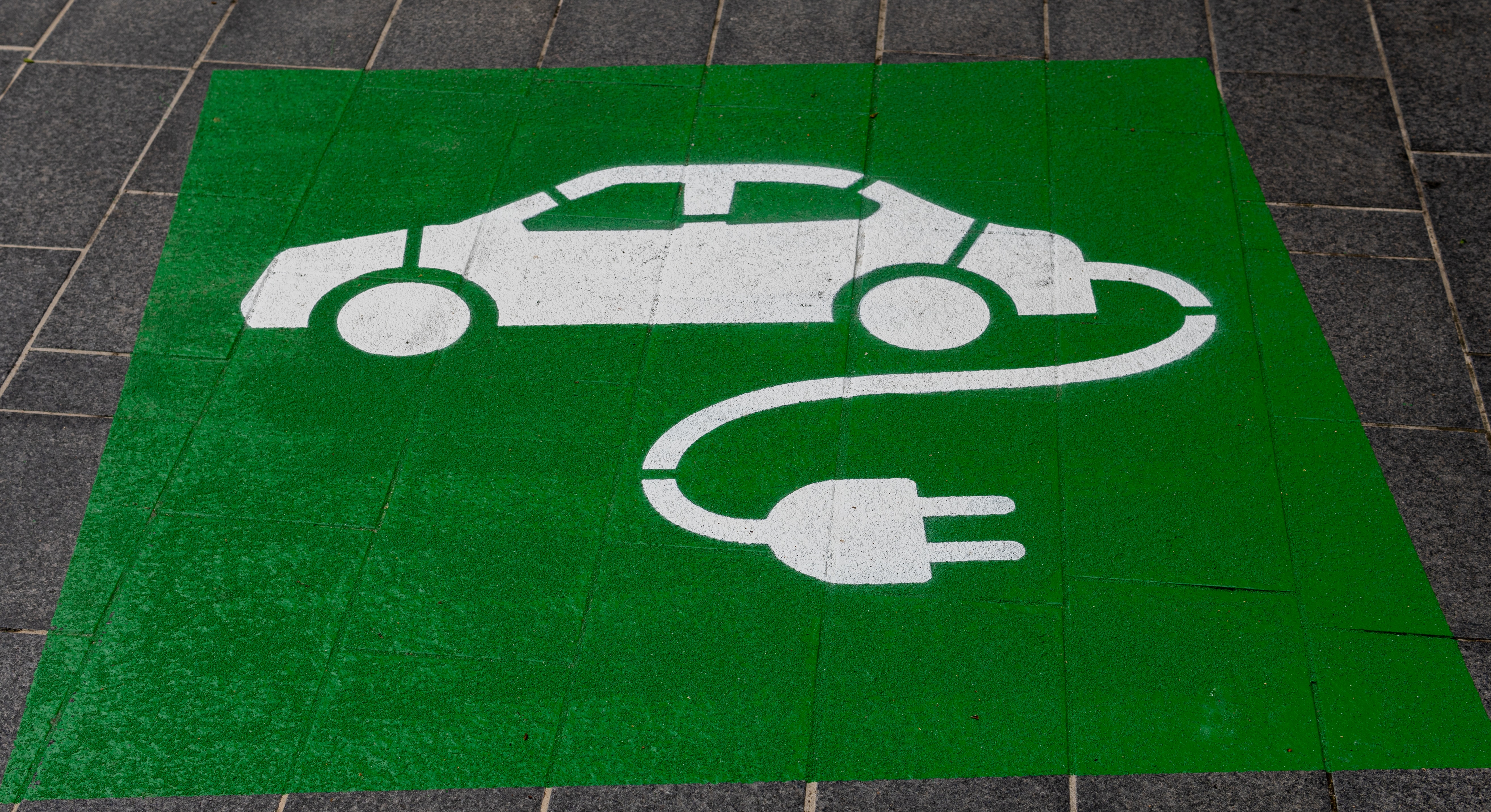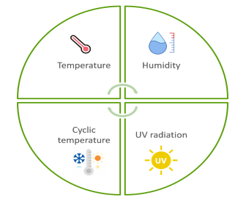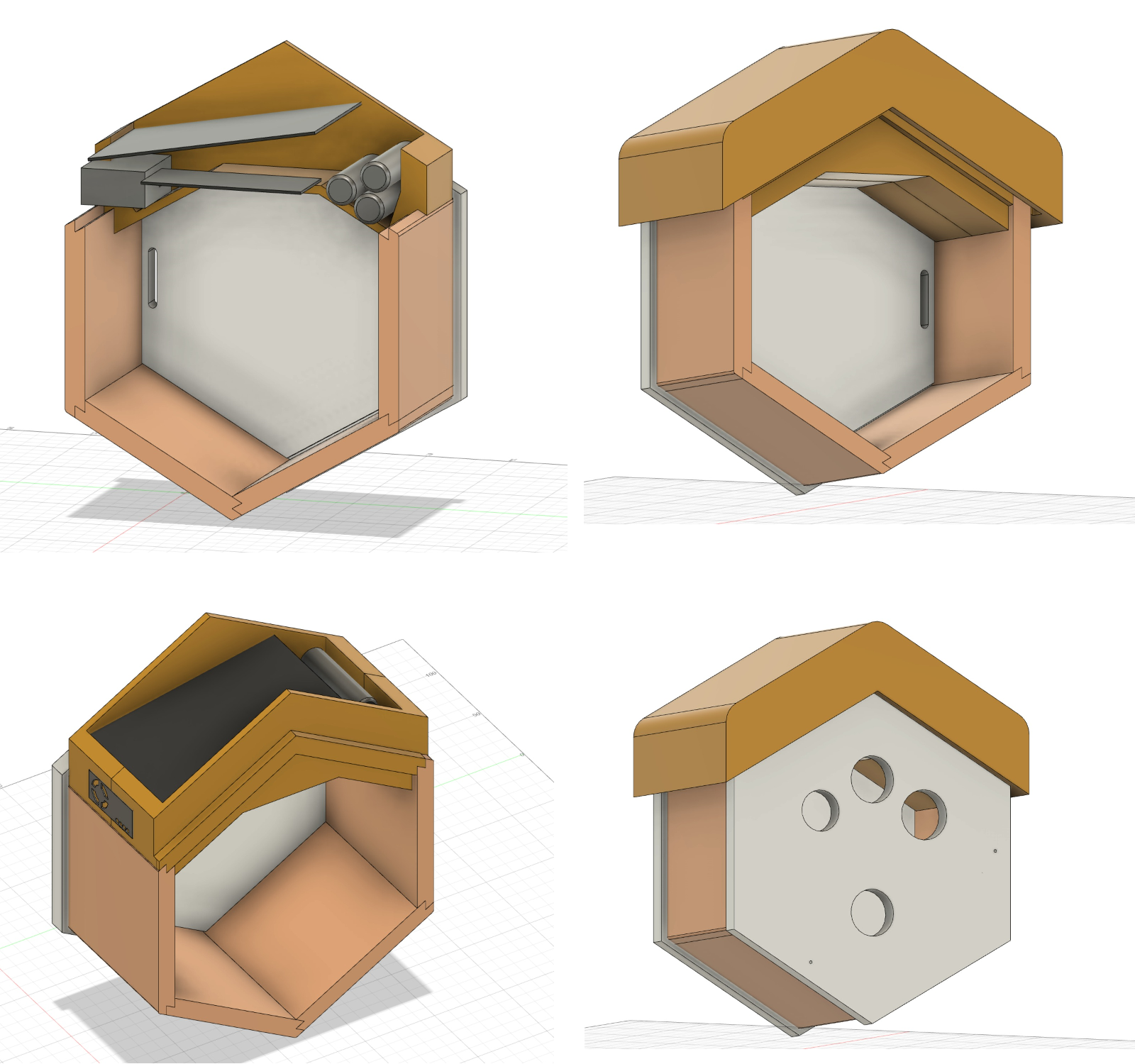Seed Fund Grants 2022 October
The call "Climate Action Research and Education Seed" is open to proposals for research and education projects related to the TU Delft Climate Action Programme, its themes (science, mitigation, adaptation, governance) and/or its flagship projects. Proposals from all fields of knowledge are welcome, as well as interdisciplinary proposals. Progposals can be funded up to EUR 30,000 and the applicaiont form should be submiddet to Climate-Action@tudelft.nl
The call is granded two times per year. These are the granted proposals in the fall of 2022

By Dr. Akshit Gupta
Faculty of CEG
The Report: click here
GreenScan: an AI-powered Drone-Based Urban Green Health Monitoring System
Urban greenery is experiencing an atypical amount of natural and human-induced stresses affecting its survival and the current methods for monitoring it are riddled with various challenges involving scalability and quality of assessment. We are developing an opportunistic mobile system for autonomously measuring the health of urban trees with high spatio-temporal resolutions at low costs. Large-scale deployment of this technique will enable effective management of urban greenery health for cities and municipalities around the world.

By Dr. Nick van de Giesen
Faculty of CEG
The Report: click here
Building accurate and timely rainfall maps for Africa: Bringing together the experts
From 20 - 24 March, 12 scientists will gather in Nairobi to develop the next generation of rainfall maps for Kenya. TAHMO (www.tahmo.org) data will be merged with satellite data to produce accurate and timely information on rainfall. The results will be used for crop insurance, reservoir management, and flood early warning systems.

By Dr. Junzi Sun
Faculty of AE
The Report, click here
MOCHA - Multidisciplinary Open Collaborations on High Altitude Contrail Detection With Aviation and Satellite Data Fusion
The project is focused on the Climate Action Programme’s climate change mitigation theme. It addresses aviation’s environmental footprint, where contrails are estimated to account for half of the global warming effects induced by all flight emissions. Contrails are also likely to become a more dominant issue for future aviation that relies on hydrogen combustion.
MOCHA aims at forming a small consortium with external industrial partners on remote sensing and flight data, and providing an open platform of contrail data and cloud-base labeling tool to support future research on the environmental impact of contrails.

By Dr. Davide Wüthrich
Faculty of CEG
The Report: click here
Effect of air and debris on critical (infra)structures during extreme water events
Climate change will lead to more frequent and more intense extreme events, often associated with the presence of multiple phases, including air-water mixtures and debris accumulation at hydraulic structures. This project will conduct exploratory laboratory testing on these two relevant issues, focusing on a better understanding of the physical processes, which will lead to more effective adaptation measures and to an optimised design of our critical infrastructure.
Sponge campus: creating climate-proof campus with innovative, vegetation-based sustainable drainage systems for research and education
This project will establish an experimental, vegetation-based Sustainable Drainage System on Campus. This initiative aims to facilitate research, practice, and educational activities for eco-based sustainable urban water management. It will focus on managing water cycle, its water quality and its role in spreading of vector-born diseases. Moreover, it aims to become the nucleus of Nature Based Solution (NBS) research and educational projects where quantitative knowledge of eco-hydrological behaviour is pivotal.

By Dr. Luis Cutz
Faculty of 3ME
The Report: click here
Small scale demonstration of the conversion of contaminated polystyrene into a high quality plastic-crude
Plastics are at the core of our daily life and their contribution to waste streams has become one of the greatest challenges, since the turn of the millennium. Nowadays, the recycling of plastics is mainly done via mechanical recycling, typically ending up in down-cycling to products with a lower added value. The objective of this proposal is to perform a batch scale demonstration of chemical recycling using a real stream of contaminated waste plastic and converting it into high-value products via hydrothermal liquefaction (HTL).

By Dr. Marc Schleiss
Faculty of CEG
The Report: click here
OpenRainGuru – A free, AI-based nowcasting tool for heavy precipitation
RainGuru (https://rainguru.tudelft.nl/) is a new machine learning model for short-term prediction of rainfall in the Netherlands. Unlike Buienradar, which everyone knows but is proprietary, RainGuru was developed by TU students and is completely free and open source. It does not store any personal information, does not track its users and offers unique functionalities such as the ability to compare forecasts to actual observations. The official release in 2022 triggered a lot of interest. In 2023, we will use the seed funds from the Climate Action program to clean up, document and push the RainGuru code to a public repository from where others will be able to use it and contribute to its development. The outcome will be an easily findable, accessible, interoperable and re-usable (FAIR) open-source library in Python that students and researchers at TU Delft can use to get hands-on-experience in using AI-driven solutions to solve urgent problems related to extreme rain and flooding in a changing climate. We foresee strong links to the three flagships "urban flow", "sponge cities", and "AI for climate" of the Climate Action Programme as well as long-term collaboration with the TU Delft AI initiative (e.g., the Aidrolab) and the Ruisdael observatory for atmospheric science.

By Dr. Juliana Goncalves
Faculty of ABE
The Report: click here
Moving away from one-size-fits-all in public participation
Recent technological advances have enabled the development of new digital tools for public participation, with great potential to reach larger numbers of participants and enable remote participation. However, existing tools generally follow the idea of one-size-fits-all, failing to address the diversity and complexity of urban stakeholders. Moving away from this trend, this project will develop ‘user stories’ to represent the interactions of specific stakeholders with digital participation tools, including citizens and policymakers. User stories tailored to stakeholders ensure a suitable task-technology-user fit and user-friendly navigation, contributing to effective and sustainable participation processes. To connect research to tool development, the user stories developed in this project will be implemented into Citizen Voice – a digital participation tool under development at TU Delft.

By Dr. Juliette Cortes Arevalo
Faculty of TPM
The Reporting: click here
Serious gaming to explore homeowners' trade-offs between public and private climate change adaptation to urban floods
Trade-offs between public and private climate change adaptation to urban floods: A serious game to research homeowner’s preferences between traditionally designed ‘grey’ measures and ‘Nature-based solutions (NbS)’. Game participants are students, inhabitants, and decision-makers in the Netherlands. The ultimate aim is to draw recommendations for communication and education strategies that motivate individuals to take adaptation actions.

By Ir. Martijn Lugten
Faculty of ABE
The Report: click here
In-depth measurements of thermal effects linked to trees and green surfaces in street canyons
The Urban Comfort Lab, situated in Hoofddorp, investigates the effect of the built environment and urban vegetation onto aircraft noise propagation and courtyard microclimate. The seed funding from the climate action program will be invested into a series of microclimate sensors to gain a better understanding of the local cooling effect of different tree configurations in street canyons and courtyards.

By Dr. Oscar Oviedo-Trespalacios
Faculty of TPM
The Report: click here
Serious gaming to explore homeowners' trade-offs between public and private climate change adaptation to urban floods
Trade-offs between public and private climate change adaptation to urban floods: A serious game to research homeowner’s preferences between traditionally designed ‘grey’ measures and ‘Nature-based solutions (NbS)’. Game participants are students, inhabitants, and decision-makers in the Netherlands. The ultimate aim is to draw recommendations for communication and education strategies that motivate individuals to take adaptation actions.
Reporting ‘space, time and everyday life’ in the Delta
The project focuses on video documentaries that describe the natural, social, and spatial transitional configuration of the Netherlands during the execution of the Delta Works. Reportages show how the Dutch society has struggled against water to create a safe and dry land. Water infrastructure is described at the human scale, highlighting how big hydraulic projects always relate with our daily life. The project aims at revealing the role that engineering has in society, to debate how much we rely on it, and to question our common responsibility in dealing with climate adaptation.

By Dr. Malte Vogt
Faculty of EEMCS
The Report: click here
PV module UV stress test and global PV Sustainability collaboration
Combined accelerated aging tests are the most effective approach to determine a PV module’s reliability and provide an indication of lifetime. This project will upgrade our climate chamber with the equipment to also test for the third stress factor UV radiation and contribute to investigating how the addition impacts this PV module reliability. The experimental investigation will be supported by PV lifetime energy yield modelling and the results on PV lifetime energy yield will be used to contribute to global PV Sustainability collaboration IEA PVPS Task 12.
Scaling up the NestWacht for higher impact
The NestWacht is a collaboration between TU Delft Science Centre, Citizen Science Lab (Leiden University) and Naturalis Biodiversity Center to involve individuals, families and primary schools in Leiden and Delft with nature in their city, and scientific research into the impact of climate change and local climate on nature and specifically on the nesting and breeding behavior of (garden) birds. By developing birdhouses with a climate sensor station in the roof and sensors and a camera on the inside, citizens can measure multiple climate parameters and particulate matter in their direct surrounding. Together with them, we will analyze the visual material of the birds, to see if the environment impacts the birds’ breeding success.
